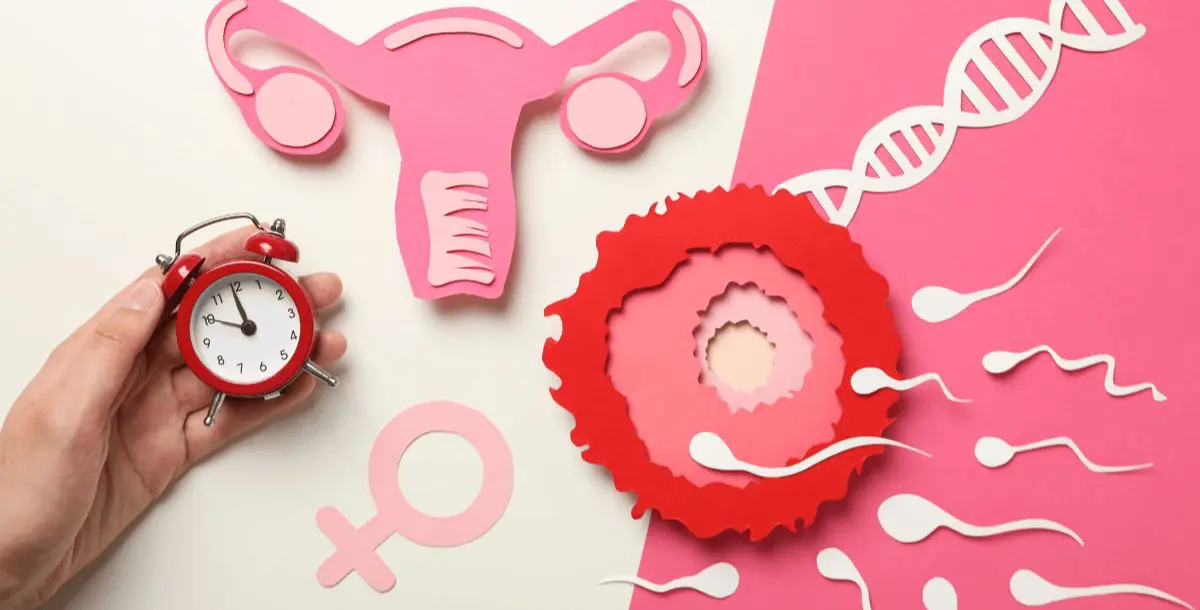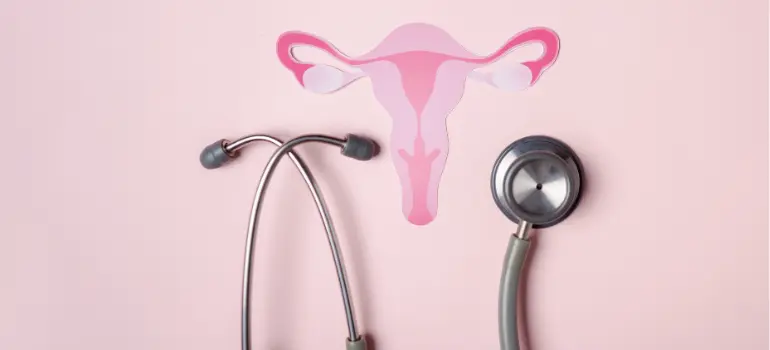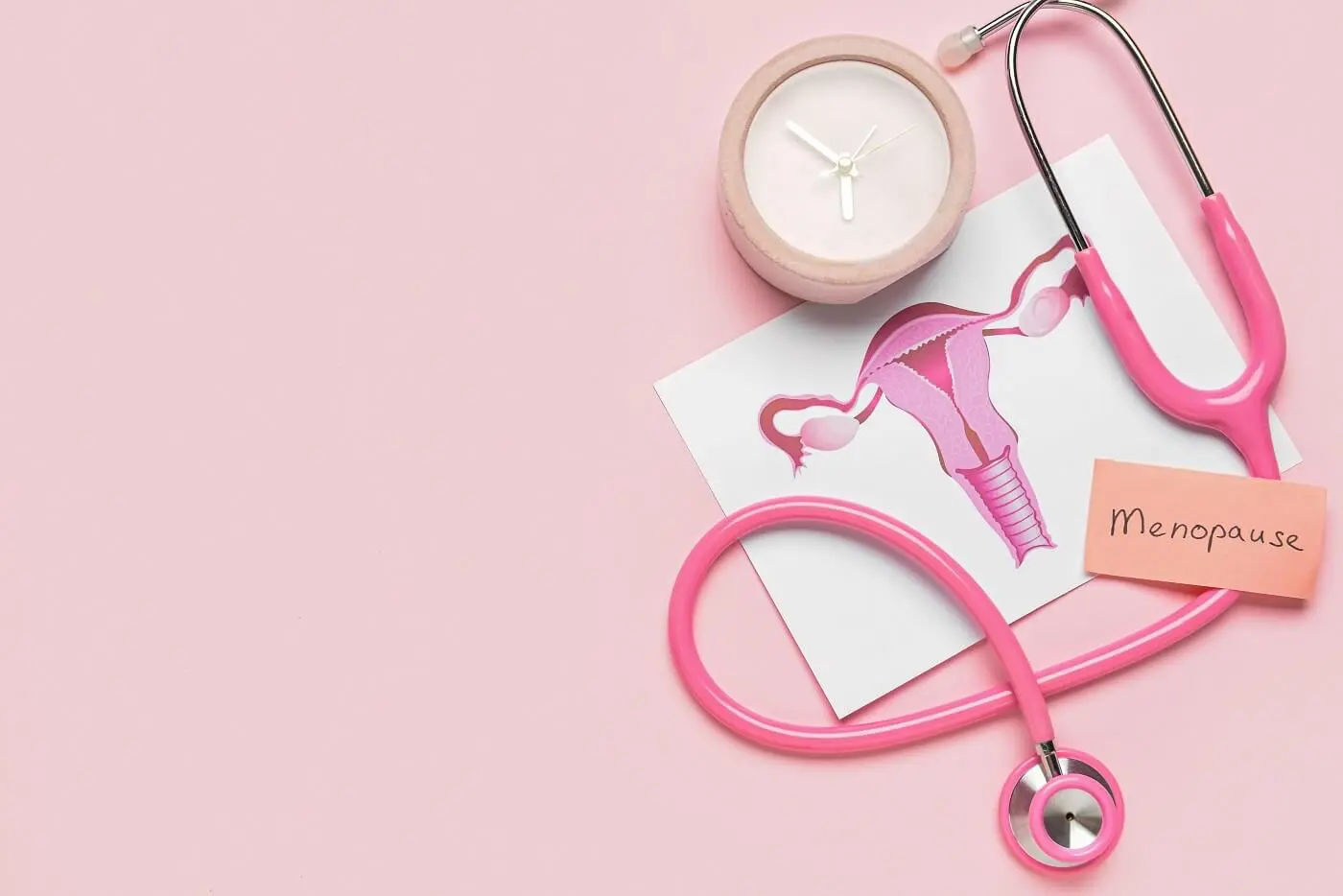Menopause is a natural stage in a woman’s life when the ovaries stop releasing eggs and the menstrual cycle comes to an end. SensIQ, a neurologist-developed system, helps women navigate this stage with science-backed clarity, focusing on brain and mood health rather than guesswork.
One of the most common questions women ask is simple yet important: after menopause, do you still have eggs? This article provides clear, evidence-based answers, guided by medical insight and the authority of experts such as Dr. Luke Barr.
Key Takeaways
- After menopause, the ovaries stop releasing eggs, meaning ovulation ends and natural pregnancy is no longer possible.
- Hormonal changes, including higher follicle-stimulating hormone (FSH) and luteinizing hormone (LH) levels with lower estrogen, confirm the end of fertility.
- Pregnancy after menopause can only occur with medical assistance such as donor eggs, frozen eggs, or IVF, though these options carry higher health risks.
- Women may still experience symptoms like hot flashes, changes in sex drive, or irregular periods during the transition, and long-term risks include bone loss and cardiovascular disease.
- Medical guidance is essential to confirm menopause, manage symptoms, and support overall health during postmenopause.
Do Women Still Have Eggs or Ovulate After Menopause?
In menopause do you still have eggs
During perimenopause, egg supply rapidly declines. By the time you fully reach menopause, most eggs are no longer viable. The ovaries stop releasing eggs, and natural conception becomes impossible. While a small number of nonfunctional eggs may remain, they do not lead to ovulation or pregnancy.
Do you still ovulate after menopause
Ovulation depends on hormonal signals from follicle stimulating hormone (FSH) and luteinizing hormone (LH). After menopause, these hormones rise because the ovaries no longer respond. This means ovulation after menopause does not occur. Once 12 months have passed without a menstrual cycle, the body has completed the transition.
What happens to women’s eggs after menopause (are all gone? how many remain)
What happens to eggs after menopause is that they age along with the ovaries and lose function. The ovarian reserve, which once supported fertility, is depleted. Even if a few eggs remain, they cannot mature or be released. By menopause, the practical answer is yes — all functional eggs are gone.
Ovarian Changes and Hormonal Shifts
Ovarian reserve and hormone changes
The ovarian reserve is highest at birth and declines steadily with age. By the average age of menopause, usually between 45 and 55, this reserve is nearly exhausted. Estrogen level drops, causing irregular periods, hot flashes, and changes in sex drive. Hormonal imbalance also affects the uterine lining and long-term bone and heart health.
What signals the end of menopause
Doctors confirm menopause when a woman has gone 12 months without menstruation. High levels of FSH and LH are another marker, showing that the ovaries no longer respond to hormone stimulation. Symptoms like hot flashes, night sweats, and mood changes signal the body has fully transitioned.
Pregnancy and Fertility After Menopause

Can a woman get pregnant after menopause naturally
No, natural pregnancy after menopause is not possible because ovulation has stopped. Without eggs, conception cannot occur. Women who wish to have children after menopause need medical assistance.
Can you get pregnant during menopause with no period
During perimenopause, irregular periods can occur, but ovulation may still happen occasionally. This means pregnancy is possible before full menopause. Birth control is advised until a doctor confirms that menopause has been reached.
How long after menopause can you get pregnant
Once menopause is complete, a woman cannot get pregnant naturally. There is no window of fertility after this point, though fertility treatment may provide options using donor eggs.
Signs of pregnancy after menopause
Symptoms of pregnancy after menopause can resemble menopausal changes, such as fatigue, bloating, or missed periods. However, true pregnancy is extremely rare. Women experiencing such signs should seek medical advice to rule out other health conditions.
Rare cases: “I got pregnant after menopause”
Stories of women saying “I got pregnant after menopause” usually involve miscalculated timing or medical assistance. Often, these cases occur during late perimenopause rather than true postmenopause.
Donor eggs, IVF, and frozen egg options
The main path to pregnancy after menopause is fertility treatment. Donor eggs or frozen eggs can be used in IVF after menopause. The uterine lining can respond to hormone therapy, allowing implantation. While options exist, treatment carries higher health risks and requires careful medical guidance.
Risks of pregnancy after menopause
Pregnancy at an advanced age increases risks such as high blood pressure, gestational diabetes, and complications during delivery. Doctors emphasize that while fertility treatment is possible, women should weigh risks against personal health conditions.
Recognizing Menopause Stages and Symptoms
Signs of menopause at 40 (early menopause)
Early menopause, before the age of 45, can occur due to genetics, medical treatments, or health conditions. Symptoms include irregular periods, hot flashes, and decreased fertility. Women in early menopause may face higher risks for bone loss and heart disease.
Eggs and postmenopause symptoms at age 60
At age 60, ovaries no longer release eggs, and estrogen remains low. Postmenopause symptoms may include vaginal dryness, changes in sex drive, and increased health risks such as osteoporosis and heart disease. Supportive care becomes essential for quality of life.
Symptoms of “ovulation” after menopause — myth vs. reality
Some women report symptoms they believe are ovulation after menopause, such as cramping or mood changes. In reality, these are not true symptoms of ovulation after menopause but may be due to other hormonal or health conditions. Confirming with a doctor ensures accurate diagnosis.
When to See a Doctor

Tests for ovarian reserve and menopause stage
Doctors use blood tests, including FSH and LH levels, to confirm menopause. They may also check estrogen levels and the uterine lining. These tests help distinguish between perimenopause and postmenopause and guide decisions about fertility treatment or hormone therapy.
Guidance for fertility and long-term health
A doctor can advise on birth control use until menopause is confirmed, as well as treatment for hot flashes, irregular periods, or other symptoms. For women considering fertility treatment, guidance on IVF after menopause or donor eggs is essential. Ongoing care supports bone health, blood pressure, and overall wellbeing.
At SensIQ, the goal is to provide women with clear answers and practical support during menopause and beyond. Experts like Dr. Luke Barr emphasize that while egg supply ends, health and quality of life can be preserved with the right care. Menopause is not an ending, but a new stage where science, support, and self-care matter most.
Frequently Asked Questions
Can supplements restart ovulation after menopause?
No supplement can restart ovulation after menopause. Once ovulation stops, the ovaries no longer release eggs, and fertility cannot return naturally. While some products claim to “reverse menopause,” these are not supported by clinical evidence. The best approach is focusing on overall health with medical guidance.
How do doctors confirm menopause?
Doctors confirm menopause after 12 months without a menstrual cycle. Blood tests may also be used to check hormone levels, including follicle stimulating hormone (FSH) and luteinizing hormone (LH). A high FSH level with low estrogen confirms the ovaries are no longer responding. These tests help rule out other health conditions.
Can you get pregnant naturally after menopause?
No, natural pregnancy after menopause is not possible because the ovaries have stopped releasing eggs. Some women may become pregnant during perimenopause when ovulation is still irregular. After menopause, fertility treatment with donor eggs or frozen eggs is the only option. This distinction is important to prevent confusion.
What health risks increase after menopause?
Lower estrogen level after menopause can raise long-term health risks. These include bone loss, higher risk of fractures, and cardiovascular issues such as high blood pressure or heart disease. Some women also experience urinary changes or vaginal dryness. Regular check-ups with a doctor help manage these risks effectively.

